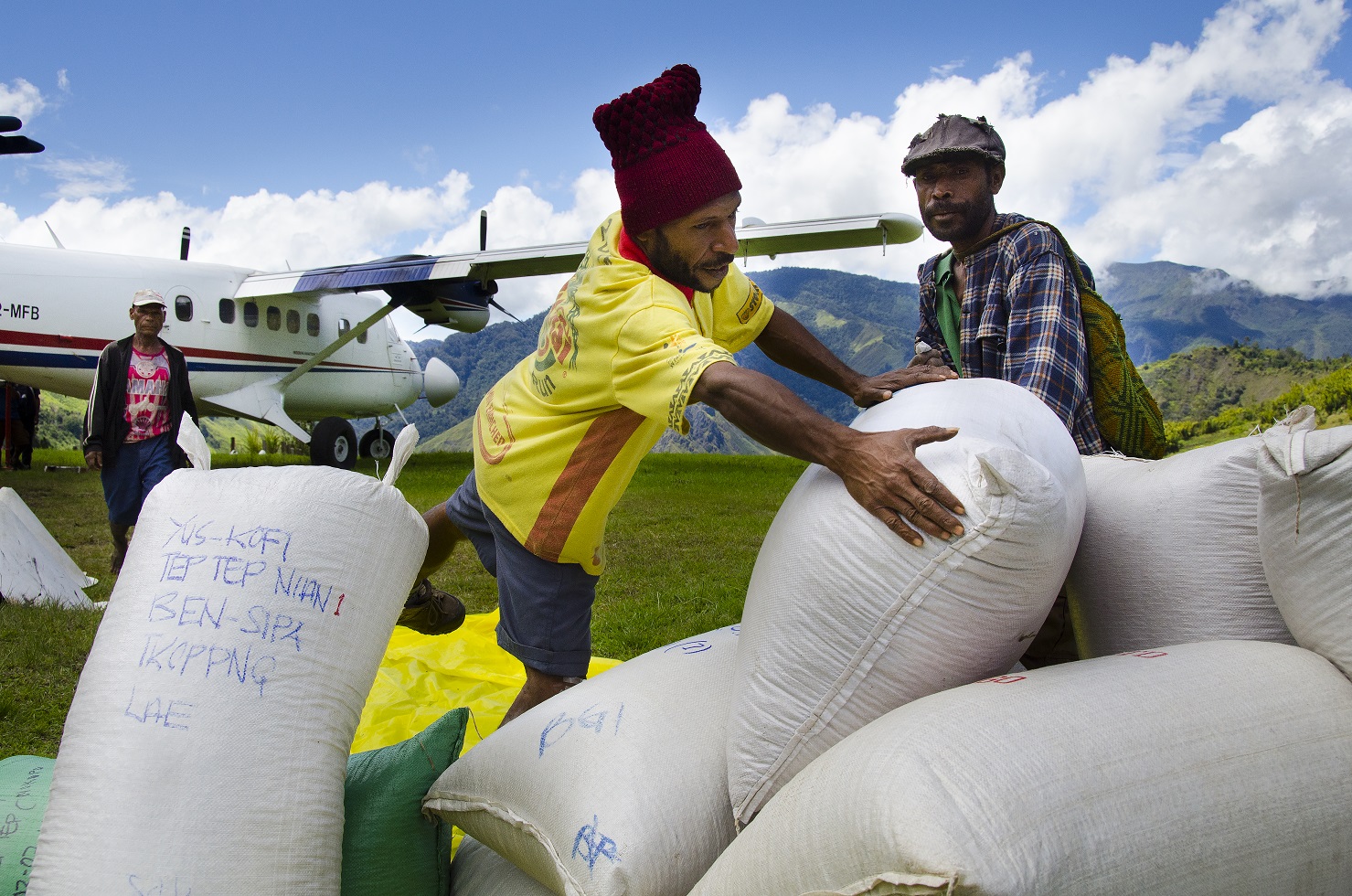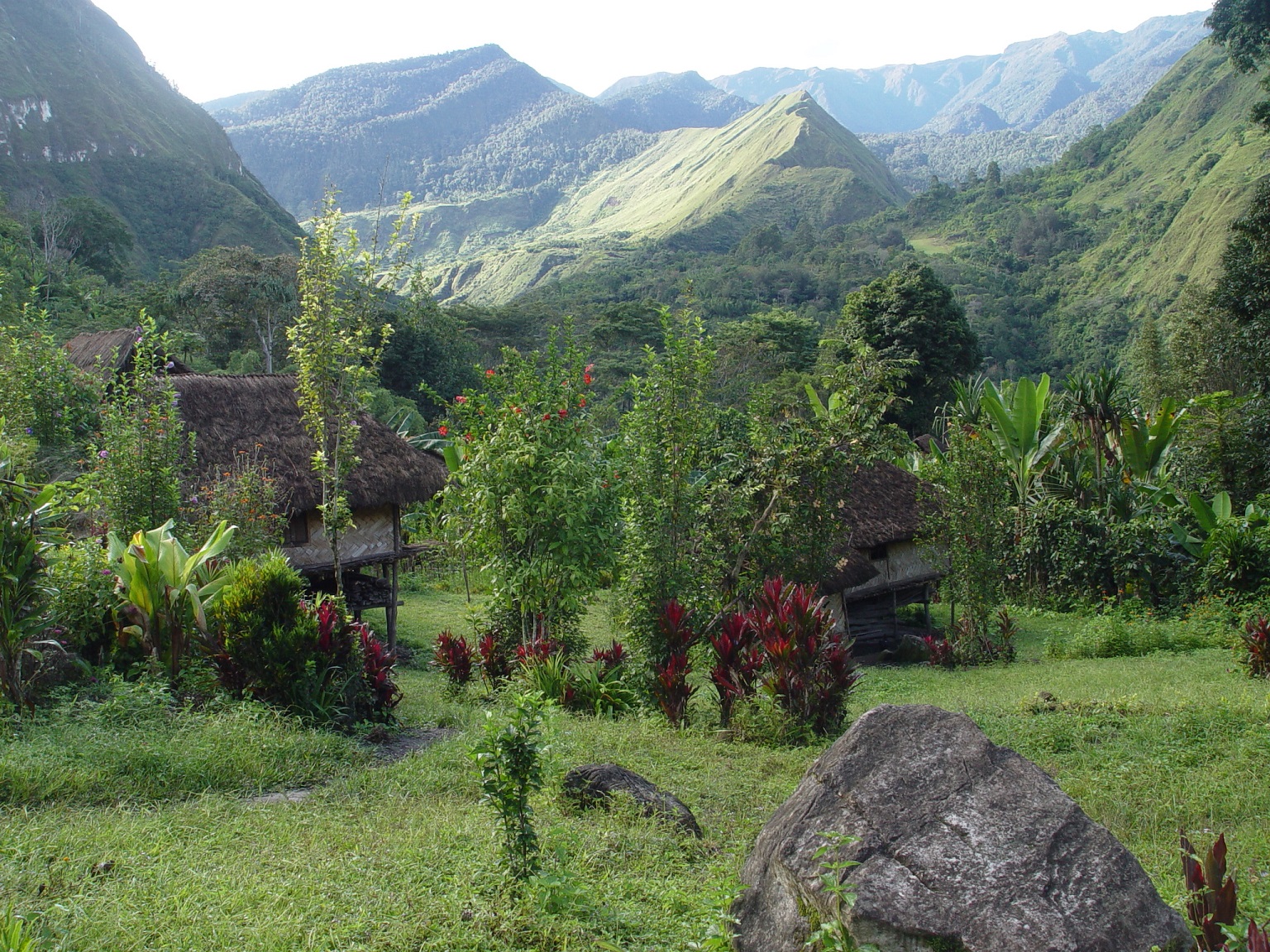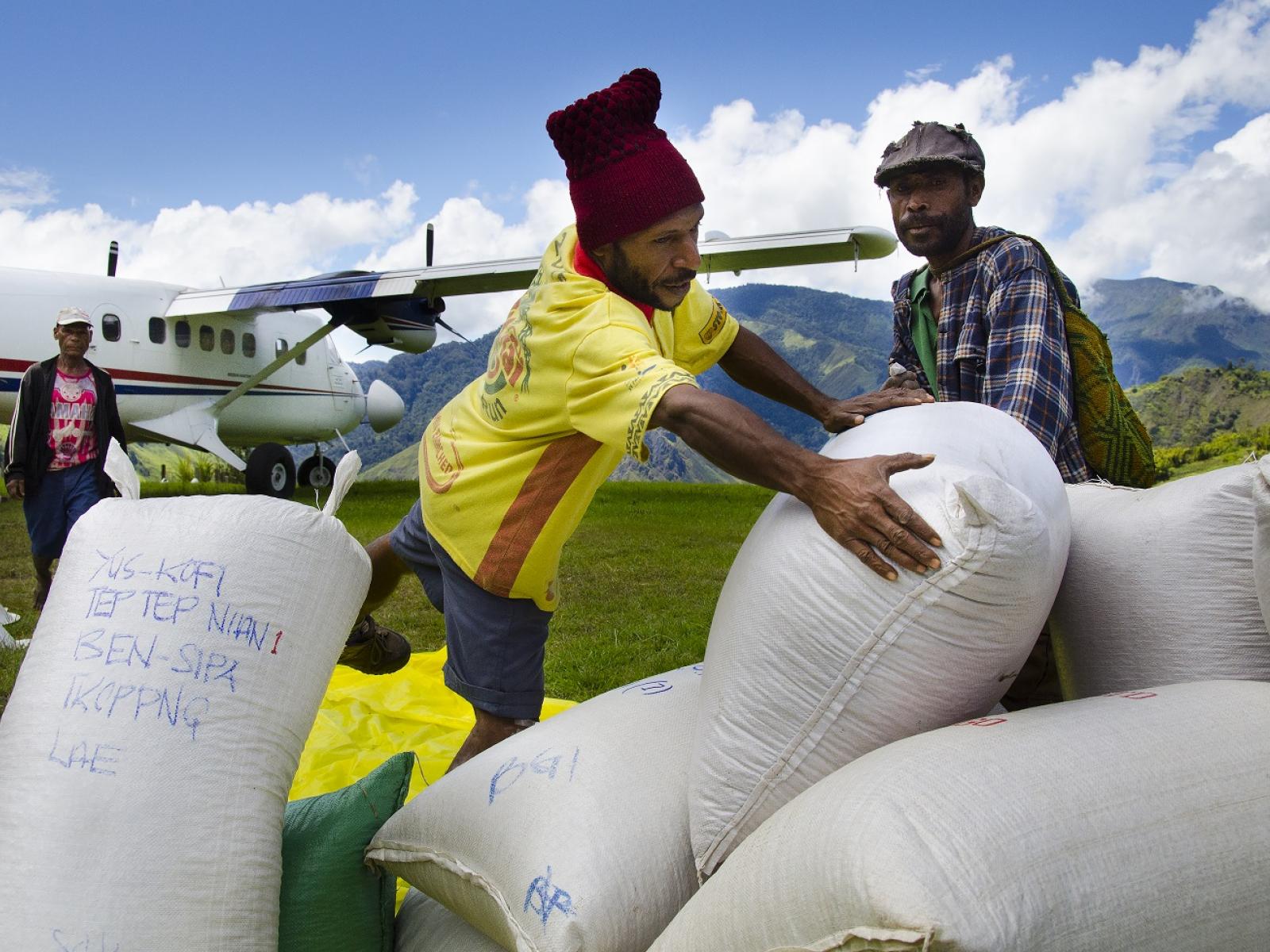An Overview Of Our Solution
- Population Impacted:
- Continent: Oceania
Organization type
Population impacted
Size of agricultural area
Production quantity
People employed
Describe your solution
Describe your implementation
External connections
What is the environmental or ecological challenge you are targeting with your solution?
Describe the context in which you are operating
Because over 90% of the land in PNG is owned by the country's indigenous people, long-term wildlife conservation requires that local communities understand the direct link between protecting their forests and protecting their future. TKCP’s work is focused on the Yopno-Uruwa-Som (YUS) watershed areas on PNG’s Huon Peninsula. Home to approximately 14,000 people spread among 50 villages, the YUS landscape is extremely remote and mountainous. There are no roads; the area is accessibly only on foot, by light plane, or by boat to the coastal areas. Communities rely primarily on subsistence agriculture and hunting. Due to its remoteness, the cash economy in YUS is highly underdeveloped and the PNG government struggles to provide basic services. Although the people of YUS depend on their natural resources for food, fuel, and shelter, there is an increasing need for cash incomes to pay for essential costs including children’s school fees, health expenses, and basic household items. While access to primary school has improved in YUS over the past decade, most children have remained unable to continue beyond grade 8 due to an inability to afford school fees and cost of boarding from a lack of secondary schools in the area.
How did you impact natural resource use and greenhouse gas emissions?
Language(s)
Social/Community
Water
Food Security/Nutrition
Economic/Sustainable Development
Climate
Sustainability
TKCP’s YUS Conservation Coffee initiative relied on grant funding to support initial investments, basic infrastructure, and local capacity building. TKCP continues to rely on grant funding to provide leadership and collaborate with key stakeholders including buyers, exporters, mills, and transport agencies. To encourage local ownership and sustainability of the initiative, TKCP is supporting farmers in establishing a Cooperative to assume greater business management responsibility over the next several years. When the Cooperative is fully operational, the initiative will be sustained entirely through market-based revenue via direct sales to coffee roasters and brokers.
Return on investment
Entrant Image

Entrant Banner Image

